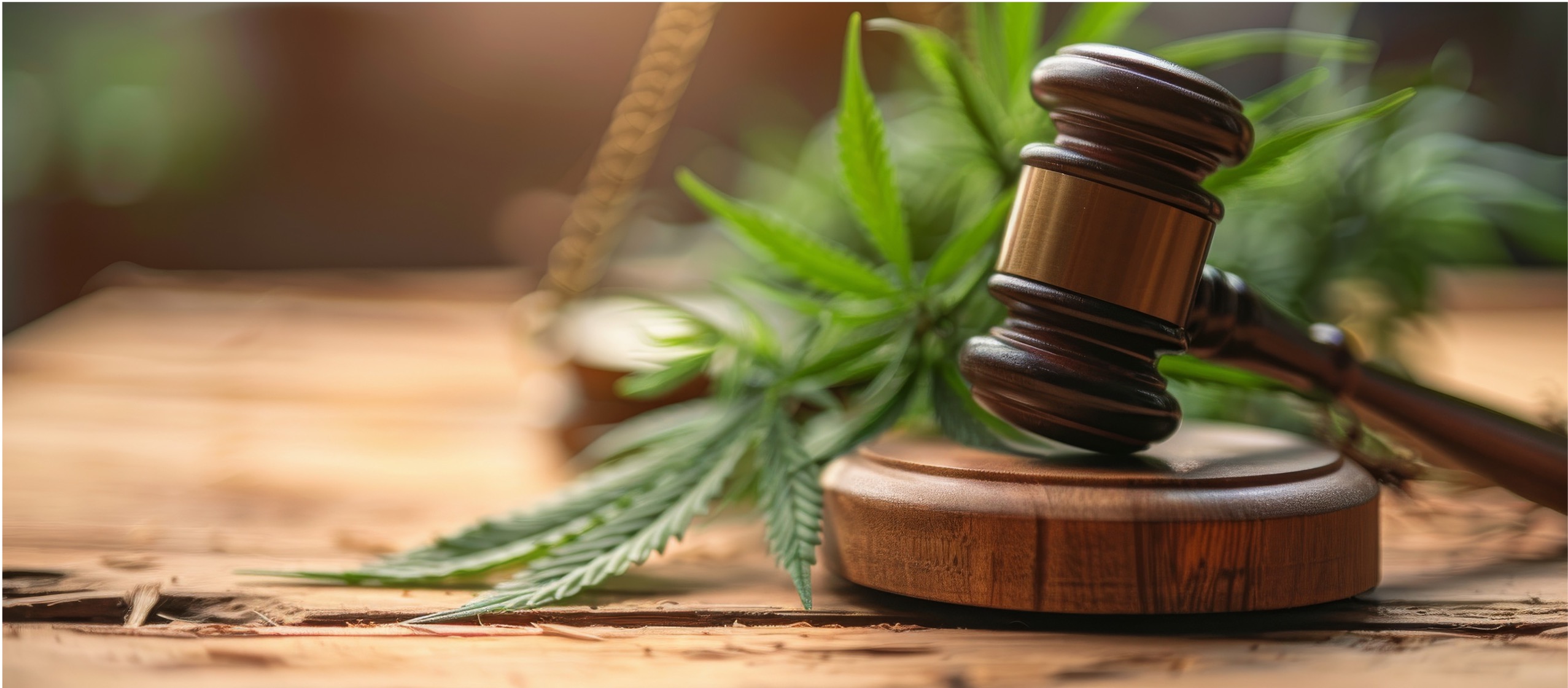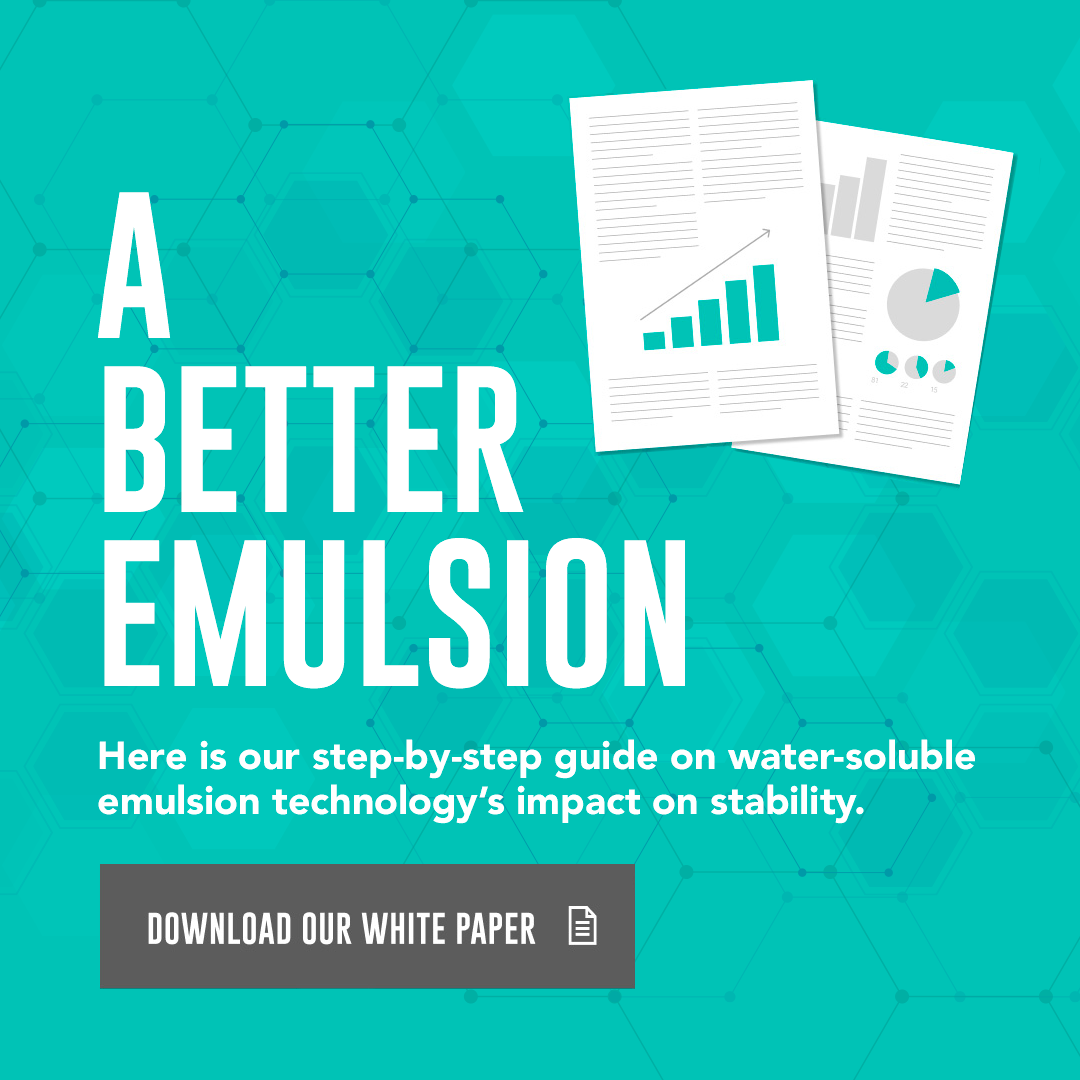Exciting. Evolving. Innovative. Adaptable. Unpredictable. Growing.
These are just some of the words that one could use to describe the cannabis industry in the United States and countries that have changed their stance on the plant in the last few years. In the US, the changes have come over the last 26 years since cannabis was first legalized for medical use in California in 1996, the beginning of the Green Wave. Two years later, Washington, Oregon and Alaska all legalized medical use through ballot measures. Today, there are 37 states where cannabis is medically legal, and 21 states and Washington D.C. where it’s recreationally legal for adult use. The numbers just keep rising, and with President Biden’s actions on cannabis in 2022, there is no turning backwards.
While the industry celebrates each time a state legalizes either medical use or recreational adult use of cannabis, with those victories come new regulations and rules for growers, extractors, product producers, distributors, dispensaries and delivery services. Because cannabis is not yet federally legal, it’s up to state lawmakers and cannabis control boards to set the guidelines for these entities to follow.
As 2022 comes to close and we get ready to kick off the new year, these are some of the trends in the industry we anticipate seeing in 2023.
Cannabis Infused Beverage Sector Continues Its Steady Growth
While the infused beverage sector has a relatively small foothold in the cannabis marketplace, the category continues to grow each year. In their recent report, Headset Data stated that “the market share of beverages has increased over 40% in the US and Canada since the beginning of 2021.” According to Brightfield Group, cannabis-infused beverages will reach $1B in sales by 2025. What is driving consumers towards infused beverages?
- First, infused drinks provide a great alternative to inhalation, especially for those with respiratory concerns.
- Second, there’s an incredible variety of beverages to choose from – sparkling waters, aperitifs, tonics and lemonades are just some of the many types of beverages in dispensary refrigerators today.
- Third, consumers can choose the dose that’s right for them. From low dose (2mg) to high dose (100mg), a cannabis enthusiast can easily find a drink that works best for them.
- Fourth, drinks featuring water-soluble emulsions like SōRSE offer a consistent onset and offset – so the consumer knows what to expect with each experience.
- Fifth, cannabis beverages are proving to be a great substitute for alcohol. Consumers can experience the same enjoyment drinking a cannabis beverage that they do a cocktail or glass of wine, minus the headache the next morning.
New York Proves to Be a Healthy Marketplace in its First Year of Legal Adult Rec Use
With a population of 19.8 million in the state and 8.4 million in New York City alone, New York is a marketplace industry people are excited about for the opportunities to reach current medical patients and new consumers. On the heels of their neighbor, New Jersey, approving cannabis use in February of 2021, New York voters approved recreational adult use in March 2021, but it has taken a year for officials to release the first set of retail dispensary licenses.
Just last month, the state’s cannabis control board released its first 36 licenses to dispensaries and nonprofits. The Office of Cannabis Management expects the state’s marketplace to reach $4.2B by 2027 and create 60,000 jobs. Given the projections for sales in New York, you can bet that brands based in other states will be looking for ways to gain a spot on dispensary shelves and a foothold in the marketplace.
Brands Look for Partnership Opportunities to Expand Their Audience
Partnerships between companies are certainly not new, but as the cannabis marketplace continues to grow in the US, collaborations allow companies to innovate, ideate, and find creative ways to offer new products and grow their audiences.
While partnering may seem challenging from a logistics standpoint, there are numerous benefits to doing so. First, a brand can reach more consumers working with another company that has a significant customer base and following.
Second, a company can enter an entirely new marketplace with a partner located in that state or country. For example, SōRSE’s mobile production capabilities gives its customers the opportunity to bring their product to market in new recreationally legal states.
Third, a company’s product portfolio can expand with a partnership – a great example of this is Cann, which collaborated with King St. vodka during the holidays last year to promote a cocktail with its Cranberry Sage Unspiked social tonic as the mixer. They have also worked with Sava, a delivery service in California, and actress Ruby Rose on creating an exclusive flavor, Lime Basil, available only on Sava’s website.
While working out the details and parameters of a partnership may take time, collaborations allow for new, innovative products to come to market and for companies to grow their audiences and brand recognition.
Consumers Support Brands Utilizing Earth-Friendly Cultivation Practices and Sustainable Packaging Grows
With stories of natural disasters influenced by the warming of the planet and plastics choking the oceans, climate change, sustainability and companies’ carbon footprints are definitely on the minds of today’s consumers. While much of today’s cannabis is grown indoors in sealed grow houses, this method can consume a lot of energy — and water – to grow a crop, which means the carbon emissions produced by an indoor grow are much greater than outdoor grows. In a 2022 report on Drugs and Crime, the UN reported that “the carbon footprint of indoor cannabis cultivation is considerably larger than that of outdoor cultivation (i.e., 16 to 100 times larger).”
While it’s not always easy to grow cannabis outdoors, ultimately, that method is much more environmentally friendly.
Then there’s the packaging used for selling the product. Using plastic is cheaper than materials like aluminum or glass, but that comes at a high environmental cost. While it is relatively easy to recycle aluminum and glass, that is not true of plastic, which takes a thousand years to degrade in a landfill. Even though it might cost more for companies to use packaging that is environmentally friendly, that can pay off in earning consumers who are focused on reducing their own carbon footprint and making a positive impact on the environment.
Closing Thoughts
There is no doubt the cannabis industry is an exciting one, rich with opportunities for growth as more consumers come to understand the plant and learn about its benefits. It’s also one that is constantly evolving and changing, as more states and countries legalize medical or recreational use. If you are a product developer thinking about infusing a product with CBD, THC, minor cannabinoids or terpenes, schedule a call with our team who would be happy to talk you through the process of bringing a cannabis-infused product to market in 2023, including the benefits of using our emulsions.





